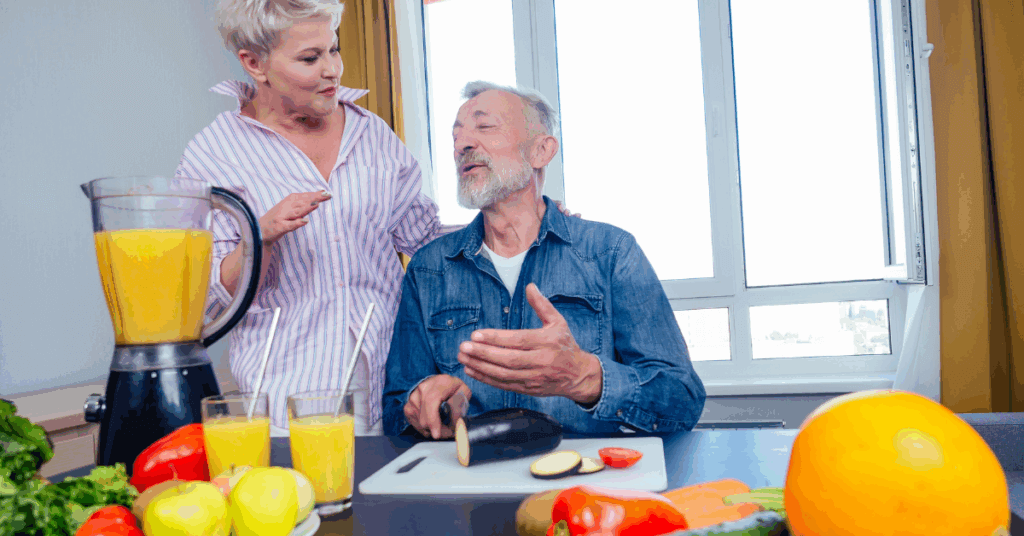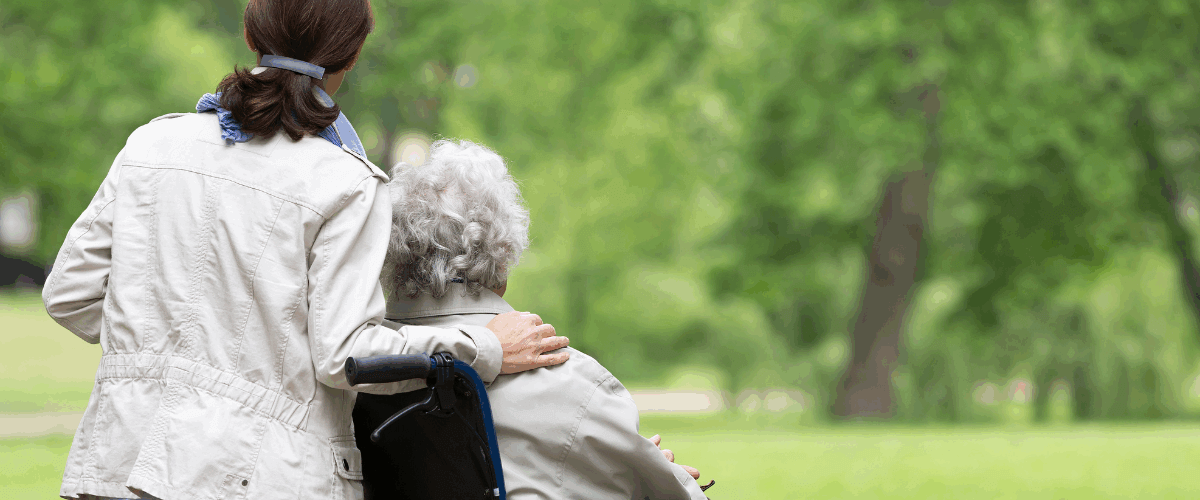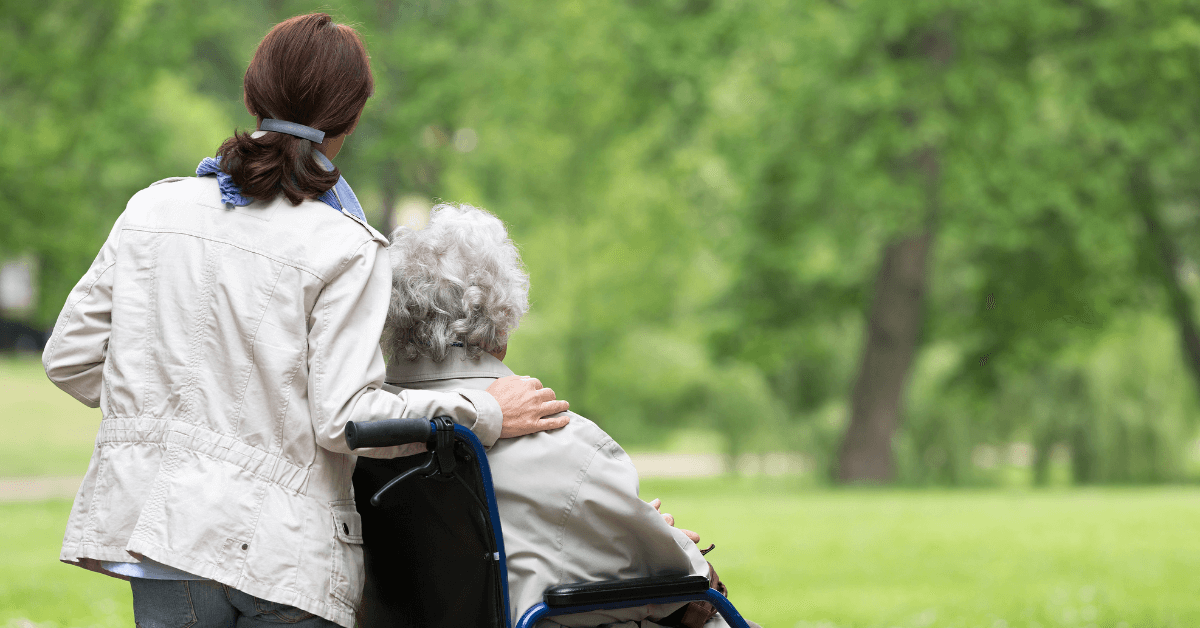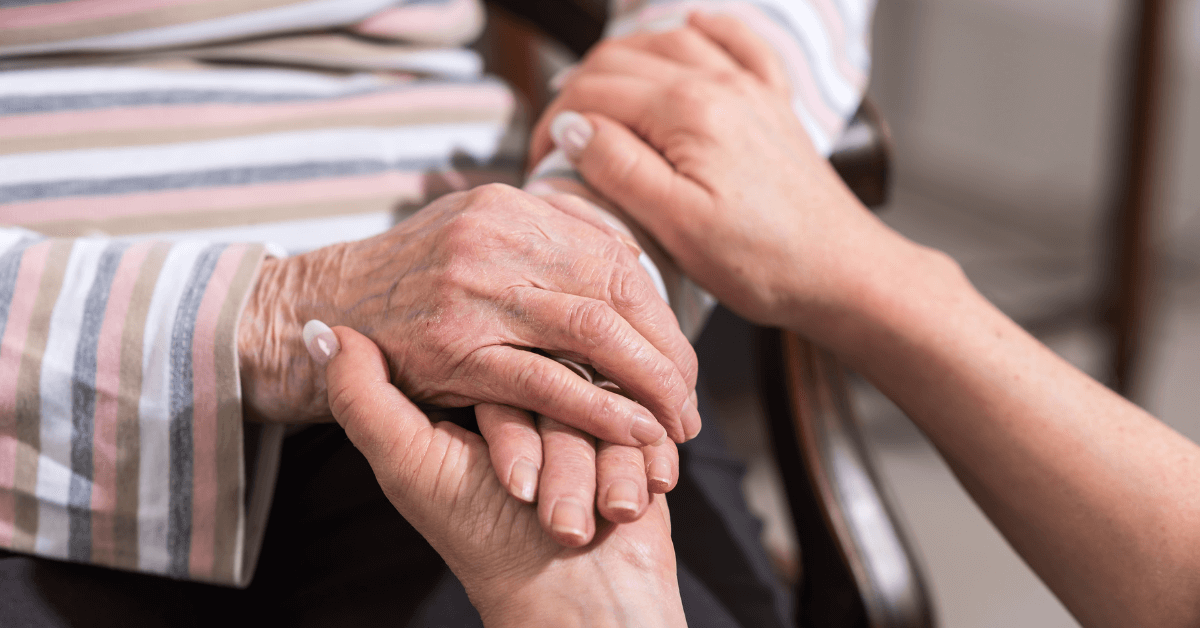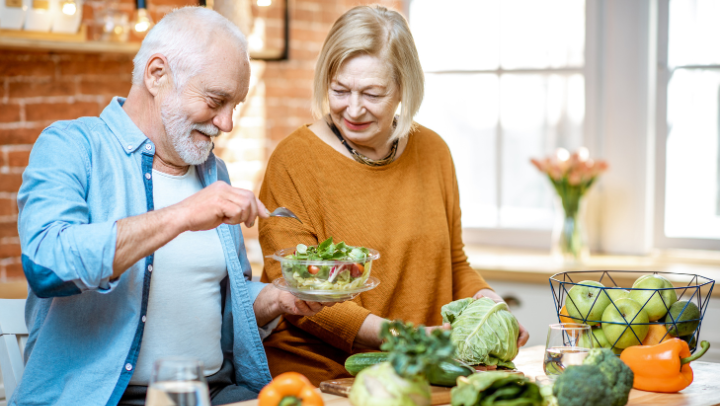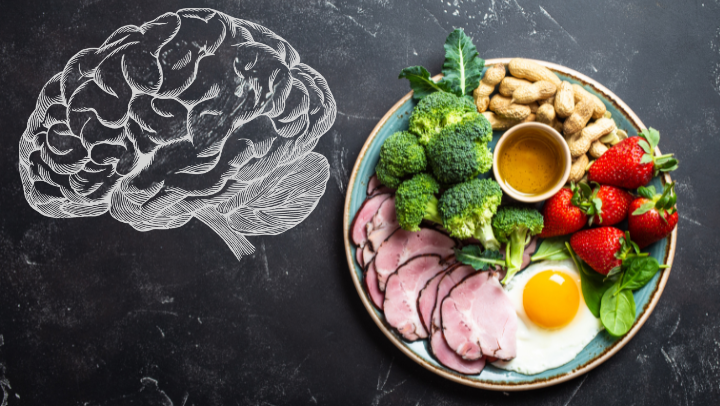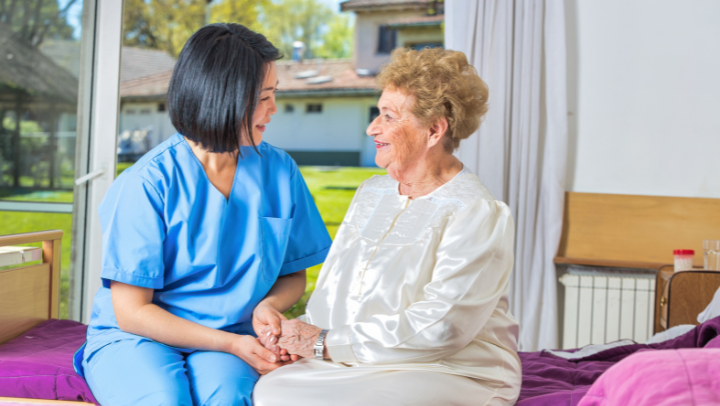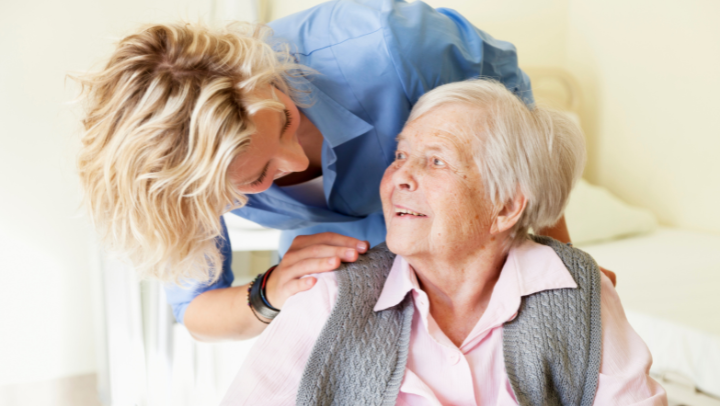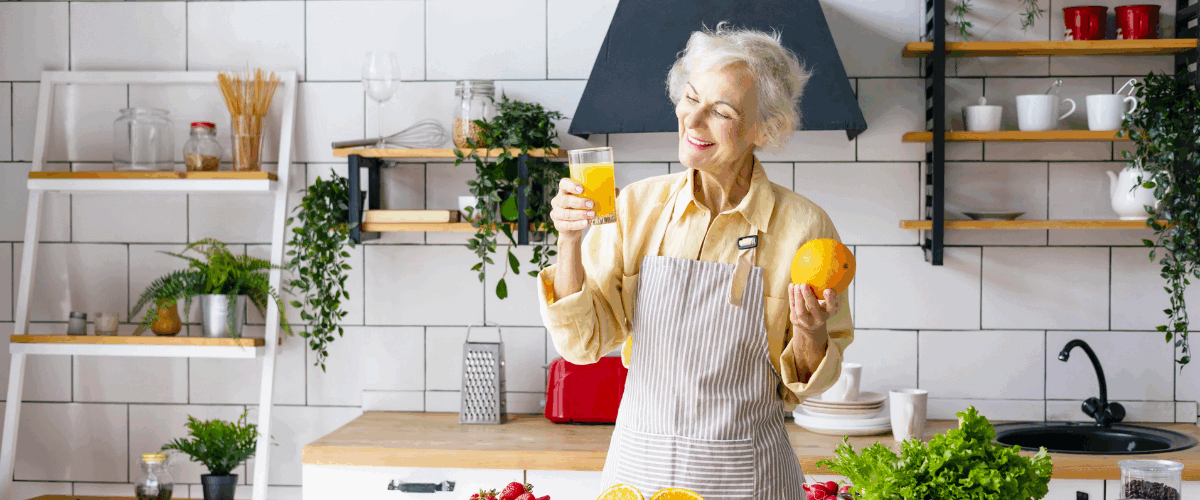
How to Break Bad Health Habits for Aging Well in Senior Living?

Changing lifelong patterns takes patience and kindness toward yourself, yet the rewards of healthier living make each small effort meaningful. Habits that have been part of your daily life for decades naturally feel comfortable and familiar, even when you know they aren’t serving your best interests. At Senior Living in Tacoma, WA, communities, residents discover that breaking these patterns becomes easier with professional guidance and peer support in an environment designed for wellness.
Breaking bad health habits in senior years requires understanding unique challenges and implementing strategic approaches that work within the realities of aging.
Discover why breaking bad health habits is challenging for seniors, how senior living in Tacoma, WA communities supports healthier lifestyles and six practical steps to build lasting wellness routines with expert guidance and community encouragement.
Why do Older Adults Struggle to Break Lifelong Bad Health Habits Even in Senior Living?
Even within the caring environment of assisted living communities, seniors face distinct hurdles when trying to adjust to long-held behaviors. Recognizing these obstacles enables us to develop effective strategies that support positive lifestyle changes.
Habits formed over decades create deep patterns
- Our minds develop habits that become second nature over time
- For seniors, behaviors repeated for 60-70 years create strong neural pathways
- Our brains naturally resist change and prefer familiar patterns
- When routines change, anxiety often emerges, causing resistance to new approaches
Cognitive decline and memory issues
- Aging can impact a senior’s ability to build new health habits
- Self-control requires working memory, focused attention and starting new strategies
- Brain adaptability decreases with age, making it harder to form new habits and adjust to change. As we age, the brain’s plasticity reduces, leading to decreased cognitive flexibility and making habit change more difficult (National Academy of Sciences, 2006).
Emotional comfort and routine
- Daily patterns provide order and predictability that becomes valuable as people age
- Seniors often live more structured lives than younger adults
- Familiar routines offer emotional comfort during a life stage filled with transitions
Lack of motivation or purpose
Seniors may experience fewer negative emotions, potentially reducing their drive to start lifestyle changes. Without a strong sense of purpose, the motivation to push through the discomfort of changing habits weakens.
Resistance to change in later life
As people age, they often become less open to new experiences and more focused on familiar parts of life. Many view health interventions as unwanted signs of declining independence.
At senior living in Tacoma, WA, communities, these challenges are addressed through supportive environments where professional guidance and peer encouragement make healthy changes more achievable.
How Senior Living Communities Create Pathways to Healthier Living
These caring environments understand that positive change becomes possible when people feel supported and valued. The right community creates gentle pathways that make healthy habits feel natural rather than forced, helping residents rediscover vitality while maintaining their cherished independence.
Daily rhythms that support success
- Communities create a gentle structure around medications, meals and activities.
- Caring staff offer friendly reminders when memory becomes less reliable
- Thoughtful systems address medication concerns
- Visual cues throughout the community help residents maintain wellness routines
Wellness programs that feel welcoming
Quality senior living communities offer programs touching every aspect of health and happiness, featuring:
- Fitness centers designed specifically for seniors
- Professional guidance through enjoyable group activities
- Gentle exercise options that protect joints
- Practical fitness training for everyday tasks
Friendships that motivate and inspire
Connections formed in senior living communities in Tacoma, WA, create natural encouragement for healthier choices. Walking groups and team challenges transform healthy activities into social events that residents look forward to attending.
Nourishing meals that satisfy
Chef-prepared meals with fresh ingredients make healthy eating enjoyable rather than burdensome. Trained dietitians ensure nutritional needs are met while accommodating special dietary requirements.
Care plans that honor individual needs
Communities develop individualized approaches based on each resident’s unique situation, with regular monitoring allowing for adjustments as needs change over time.
Five Simple Steps to Create Healthier Daily Routines
Changing habits formed over many years requires patience and the right approach, but seniors can successfully build healthier patterns that bring more joy to daily life. These changes don’t happen overnight, yet with steady effort and caring support, seniors can develop routines that truly enhance their wellbeing.
- Notice what triggers old habits: Pay attention to the situations, feelings or times that spark unwanted behaviors. Understanding these triggers helps you take control and start making positive changes.
- Replace bad habits with better choices: Instead of just stopping a habit, swap it with a healthier alternative. This makes the transition smoother and gives you something positive to focus on.
- Take small, manageable steps: Change doesn’t happen all at once. Focus on one small habit at a time to avoid feeling overwhelmed and to build lasting routines.
- Celebrate every success: Recognize and reward yourself for even the smallest progress. Celebrating wins keeps motivation strong and encourages continued growth.
- Accept support from others: Share your goals with family, friends or community staff. Their guidance and encouragement can make a big difference in staying on track.
Taking Your First Step Toward Healthier Days
Senior living communities provide an environment where positive changes feel manageable, not overwhelming. With gentle daily routines, thoughtful wellness programs and supportive connections with staff and neighbors, they focus on encouragement rather than pressure to foster lasting habits.
The steps shared offer a simple guide to healthier routines: recognize what sparks old habits, replace them with joyful alternatives, use visual reminders, celebrate small wins and lean on support from others. Each small change today builds a foundation for better sleep, more energy, improved mood and greater confidence in daily life.
Call Peoples Senior Living at (253) 474-1741 and schedule a tour to see how their caring approach helps residents build and maintain routines that bring vitality to each day.
FAQs
Q1. What is the most effective habit for promoting healthy aging in seniors?
Physical activity is beneficial for healthy aging. It improves heart health, maintains weight, reduces stress, increases strength and flexibility and boosts cognitive function.
Q2. What role do senior living communities play in supporting healthier lifestyle changes?
Senior living communities provide structured routines, wellness programs, social support and personalized care plans that facilitate healthier lifestyle changes.
Q3. Why is it challenging for seniors to change lifelong health habits?
Habits formed over decades become deeply ingrained in neural pathways, making them difficult to change. Additionally, cognitive decline, emotional attachment to routines and natural resistance to new experiences can complicate the process of breaking long-standing habits for seniors.
